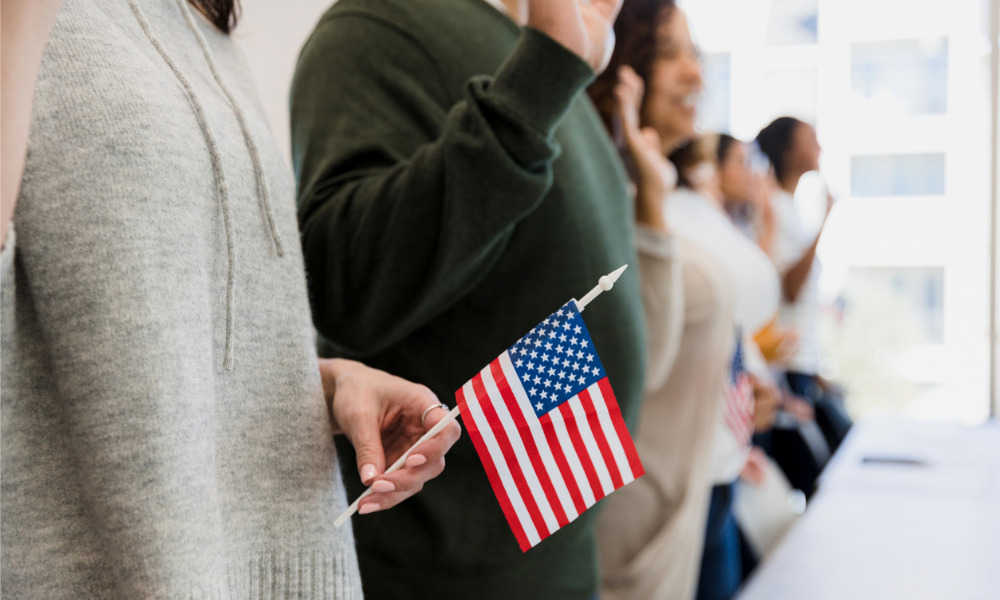They blame social media, media, and U.S. public officials

Eighty-five percent of U.S. residents think civility in the U.S. is worse than it was a decade ago, with most believing that social media and media are to blame.
The American Bar Association recently released its fifth annual survey of civic literacy, which asked 1,000 U.S. residents their views on civility and their stances on compromising political viewpoints.
Almost a third of U.S. residents (29%) said social media was responsible for the state of civility in the U.S., which an overwhelming majority (85%) agreed had worsened over the past 10 years. Roughly a quarter of all respondents (24%) blamed media for this, while one in five (19%) said public officials were responsible.
When asked who had the duty of improving civility, a third of respondents (34%) said this fell to family and friends, while more than a quarter (27%) said public officials were responsible. Eleven percent of respondents said community leaders were responsible for improving civility, beating out the 7% who thought it was the responsibility of teachers.
When it came to children, respondents were almost unanimous (90%) in answering that parents and family were responsible for instilling civility in the youth.
Compromise
The ABA’s survey of civil literacy also found that respondents widely believed there was room to compromise, with 79% supporting compromise compared to the 13% who preferred their leaders to stand their ground until they won.
Despite saying this, the same respondents were opposed to their elected officials compromising specific issues, such as:
- Voting rights (57%)
- Reproductive rights (45%). However, the same number of respondents supported compromise on this matter. The rest were undecided.
- Gun rights (41%)
- Social security (40%)
Most respondents (75%) supported compromise by elected officials on infrastructure and immigration reform (70%, with no significant difference among racial and ethnic groups). The ABA also noted that more than half (53%) supported compromise on gun rights.
Civic knowledge
The ABA’s survey of civil literacy also continued its tradition of testing respondents on how much they knew about the workings of the U.S. government with a battery of multiple-choice questions based on the current U.S. naturalization test administered to aspiring American citizens. The ABA found:
- Majority of U.S. residents (53%) thought the general public was “not very informed” about how government works or “not informed at all” (17%).
- Most people (59%) knew that John Roberts was chief justice of the United States, although one in five (19%) thought it was Clarence Thomas.
- Twenty-one percent of respondents mistakenly believed that only U.S. citizens had to pay federal income tax. Another 18% incorrectly thought only U.S. citizens were required to obey the law.
- While most respondents (60%) knew that the First Amendment protected a person’s right to “say whatever [they] want with limitations”, more than a third (38%) thought it gave them the right to “say whatever [they] want”.
- A large majority (87%) knew that the first 10 amendments to the U.S. Constitution were also known as the Bill of Rights.
- Almost half (44%) incorrectly thought “We the people” were the first words of the Declaration of Independence rather than the preamble of the U.S. Constitution.
- The survey is released each year to mark Law Day, observed annually on May 1. The results are from a nationally representative phone survey conducted March 17-22 by DAPA Research on behalf of the ABA. The margin of error is plus or minus 3 percentage points.
The ABA releases its survey of civil literacy every Law Day, which the U.S. observes annually on May 1. The results were from a nationally representative live phone survey conducted from March 17 to March 22 by DAPA Research on behalf of the ABA, with a three-percentage-point margin of error.










